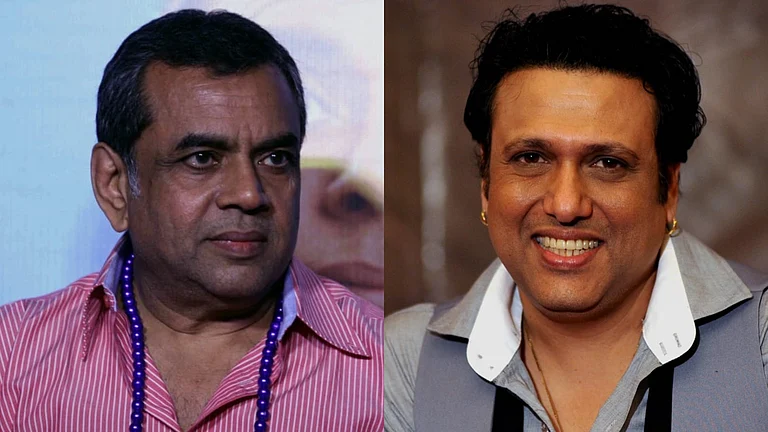A former Tesla employee has told the BBC he believes the technology behind the company's self-driving cars isn't sufficiently secure for public road use.
In May, Lukasz Krupski disclosed data, including customer complaints regarding Tesla's braking and self-driving software, to the German newspaper Handelsblatt.
He mentioned that his attempts to raise concerns internally were disregarded.
Tesla did not respond to requests for comment.
Elon Musk, Tesla's CEO, has been a vocal advocate for the company's self-driving technology. "Tesla has by far the best real-world AI," Mr Musk said in a post on X, formerly Twitter, on Saturday.

But, during his initial interview in the UK, Mr. Krupski expressed to Zoe Kleinman, the BBC's technology editor, his apprehensions regarding the use of AI in powering Tesla's autopilot service. For instance, its autopilot feature encompasses assisted steering and parking. However, despite its name, it still necessitates someone in the driver's seat maintaining hands on the wheel.
"I don't think the hardware is ready and the software is ready," he said.
"It affects all of us because we are essentially experiments in public roads. So even if you don't have a Tesla, your children still walk in the footpath."
Mr. Krupski revealed that he discovered evidence in the company's data indicating that the stipulated requirements for the safe operation of vehicles with a specific level of autonomous or assistive-driving technology were not adhered to.
He further mentioned that Tesla employees had approached him, discussing instances of vehicles unexpectedly breaking in response to non-existent obstacles, commonly referred to as "phantom braking." This issue was also reflected in the data he acquired from customer complaints.
As per Tesla's internal data, by the conclusion of 2022, U.S. customers utilizing Autopilot experienced an average of one crash with deployed airbags approximately every 5 million miles traveled.
The overall average for U.S. drivers was approximately one crash every 600,000 miles. It's important to note that the BBC could not independently verify Tesla's figures.
Mr. Krupski said that he had felt an obligation to disclose his findings to data protection authorities.
Since January, the U.S. Department of Justice has been conducting an investigation into Tesla over its claims relating to its assisted driving features.
Tesla has been subject to inquiries and scrutiny from various agencies, including the National Highway Traffic Safety Administration, regarding its autopilot system.
The "Tesla Files" were published by the German newspaper Handelsblatt, following Mr. Krupski's sharing of 100GB of internal data that he came across.
The data protection authority in the Netherlands, where Tesla's European headquarters are located, confirmed to the BBC that it had received notification of the data breach and was investigating the claim.
The Tesla "Whistleblower"
Mr. Krupski described the past six months and his experience as a whistleblower as "terrifying."
"I barely sleep at night sometimes," he told the BBC.
However, others have acknowledged his actions, and he has been honored with the Blueprint for Free Speech Whistleblowing Prize.
Jack Stilgoe, an associate professor at University College London specializing in autonomous vehicles research, stated that Mr. Krupski's claims raise broader concerns about the technology.
"This is a sort of test case of artificial intelligence in the wild, on the open road, surrounded by all the rest of us," he said.
In early November, the UK Government unveiled intentions to introduce an Automated Vehicles Bill, aiming to establish a legal framework for self-driving cars, as mentioned in the King's Speech.
"We'll have to see as the bill gets developed whether it grapples with all of the novel things about the technology," Prof Stilgoe added.



























